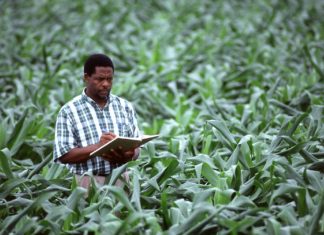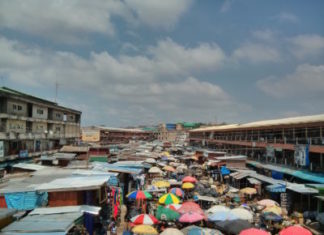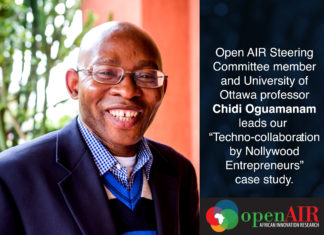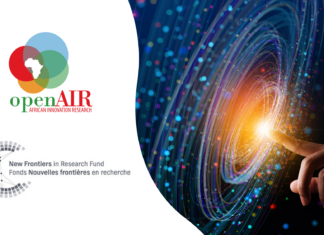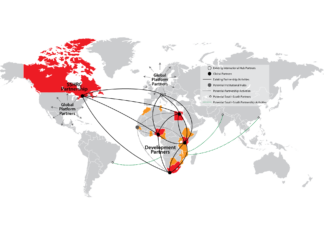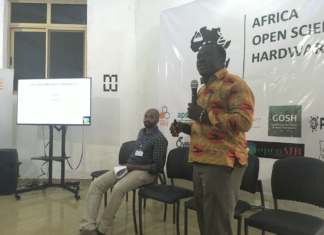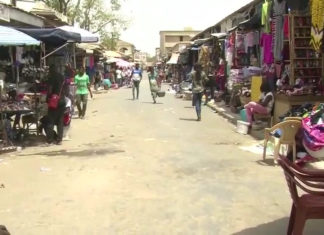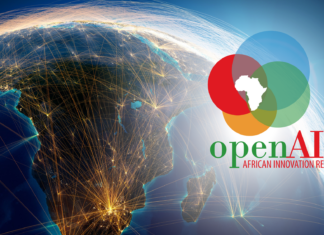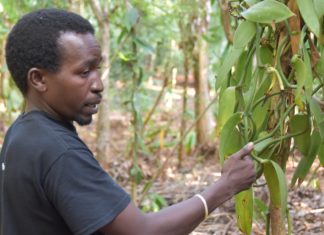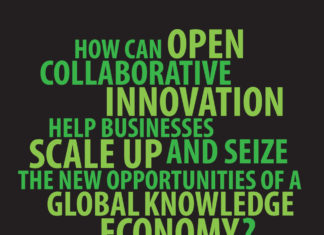DIY Biology in Africa: Opportunities and Challenges for Open Science
Authored by: Vipal Jain and Jeremy de Beer
Do-It-Yourself (DIY) Biology, also known as biohacking, puts innovation into the hands of the citizens and provides...
Makerspaces and Creativity
Looking back at Open AIR’s ‘Making’ Innovation Happen roundtable
By Sean Boots
In mid August, Open AIR hosted a roundtable discussion on makerspaces and innovation hubs in...
WIPO Expert Committee on Genetic Resources, Traditional Knowledge and Traditional Cultural...
By Chidi Oguamanam
For the 35th time in 18years, experts have yet again gathered at the World Intellectual Property Organization (WIPO) headquarters in Geneva where...
Open AIR seeks equitable solutions to post-pandemic innovation challenges
In 2013, Open AIR published foresight research anticipating a future shaped by shocks like a catastrophic global pandemic. During the decade since, Open AIR...
Les défis d’étendre Open AIR dans des pays africains francophones
Le travail panafricain comprend plusieurs défis, entre autre la grandeur du continent, sa diversité, les différences juridiques, et la complexité des langues. Les défis sont particulièrement marqués pour l’innovation africaine. Il y a deux organismes régionaux dans le domaine de la propriété intellectuelle, en plus de l’Organisation mondiale de la propriété intellectuelle, ce qui souligne la diversité et les divisions linguistiques et régionales. Pour Open AIR, un réseau de recherche qui travaille dans de différents domaines de l’innovation et la propriété intellectuelle, on rencontre plusieurs défis à cause de cette diversité.
Historic Gathering of Africa’s Open Science Hardware (OSH) Innovators – the...
By Chris Armstrong
Open AIR was privileged to be a supporting partner of the inaugural AfricaOSH Summit, held 13-15 April 2018 at the Kumasi Hive...
Secteur informel Sénégalais : après la crise, la survie
Par Aboubacry Kane
Le secteur informel ignoré par le plan de relance économique
La pandémie du Covid-19 continue toujours de sévir dans le monde. Après plusieurs...
2024 Global Health Security Conference Event
By Charlotte Galvani and Jeremy de Beer
Negotiations toward a new international treaty on pandemic preparedness and response have failed to reflect a rights-based consensus...
How DIY Biology can Improve Access to Digital Agricultural Technologies
By Vipal Jain
Digital agricultural research is transforming the way crops are developed. New tools can speed up the ability to produce crops with higher...
Better metrics, better policies for knowledge and innovation in Africa
By Nagla Rizk
The Access to Knowledge for Development Center (A2K4D) leads the research on metrics, laws and policies within the Open African Innovation Research network...

